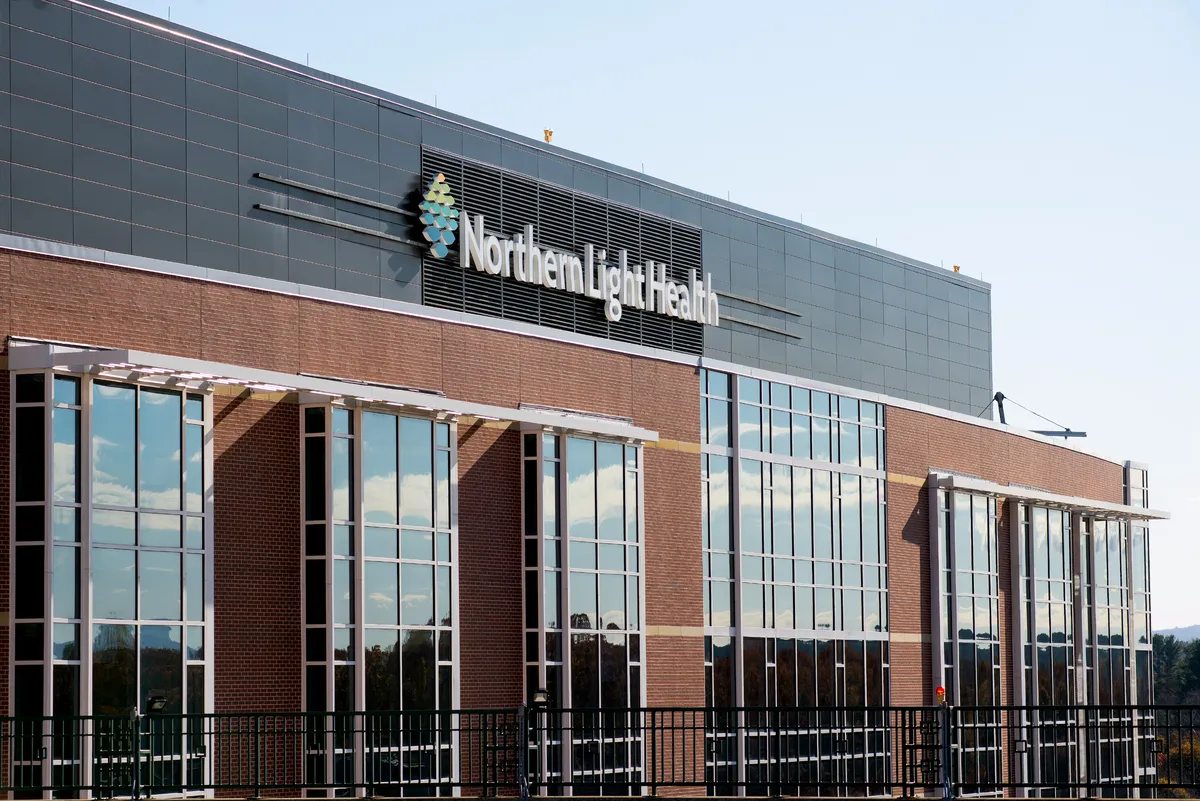
President Donald Trump’s new plan to make employers pay $100,000 for temporary work visas given to highly skilled foreign professionals is giving Maine employers with existing financial headaches about how the new fee could affect hiring here.
Trump issued a proclamation last Friday on the new $100,000 fee for H-1B visas that are capped at 85,000 a year and cost little. Trump claimed the program has been “exploited” to replace workers with lower-paid labor, but tech companies, business groups and lawyers responded with confusion and worry over the effect on hiring in critical positions.
Some of the nation’s biggest tech companies, including Amazon and Apple, are among the top users of the program. In a symptom of Maine’s small but expanding tech workforce, a major hospital and the University of Maine are at the top of the state’s list and seeking more information while hoping Trump’s change will not hurt their workforce.
Northern Light Eastern Maine Medical Center in Bangor requested 34 visas last year and has around 120 H-1B employees at a given time, according to system leaders who have also been grappling with severe financial challenges that have led to staff cuts and facility closures.
The health care network may avoid the new $100,000 fee due to its nonprofit status, but the system is “awaiting clarification,” spokesperson Karen Sanborn said Wednesday.
Maine’s university system employs about 50 H-1B visa holders who help fill roles not otherwise held by the “world-class American educators and researchers” hired in most cases, spokesperson Samantha Warren said. Warren also pointed to the Trump administration’s stated exemption for workers hired “in the national interest” without threatening national security.
“The H-1B program has long allowed those individuals to contribute their expertise to our public universities in ways that benefit our students, our state and ultimately our nation,” Warren said.
Both the University of Maine System and Northern Light’s chain of hospitals face financial challenges due to other Trump policies. Trump cut the university system’s federal funding after feuding with Gov. Janet Mills in February over the state’s transgender athlete policies, with some federal dollars later restored while others remain on pause. The state’s hospitals also warned of negative consequences after the Republican-controlled Congress passed Trump’s megabill of tax breaks and Medicaid cuts in July.
Among other Maine employers to use H-1B visas are the Bar Harbor-based Jackson Laboratory, Westbrook-based Idexx Laboratories and Colby College in Waterville. The offices of Maine’s four members of Congress each said they have not yet received specific inquiries from businesses about Trump’s new fee but added they are looking into its implications.
The Trump administration, which has carried out aggressive deportation operations and sought to curtail immigration while also offering a $1 million “gold card” visa for U.S. citizenship, responded to the industry concern over the weekend by saying the one-time fee would apply to new applicants and not affect the ability of current visa holders to travel to or from the U.S.
The policy would challenge major tech companies whose executives received H-1B visas themselves earlier in their careers. Many of them have sought to cozy up to the Republican president in his second term. Apple, Amazon, Google, Meta and Microsoft are among the 10 companies that employ the most H-1B visa holders.
Maine employers said they want more details in the meantime.
“I think we’re all trying to sort it out,” Maine Hospital Association lobbyist Jeff Austin said.



